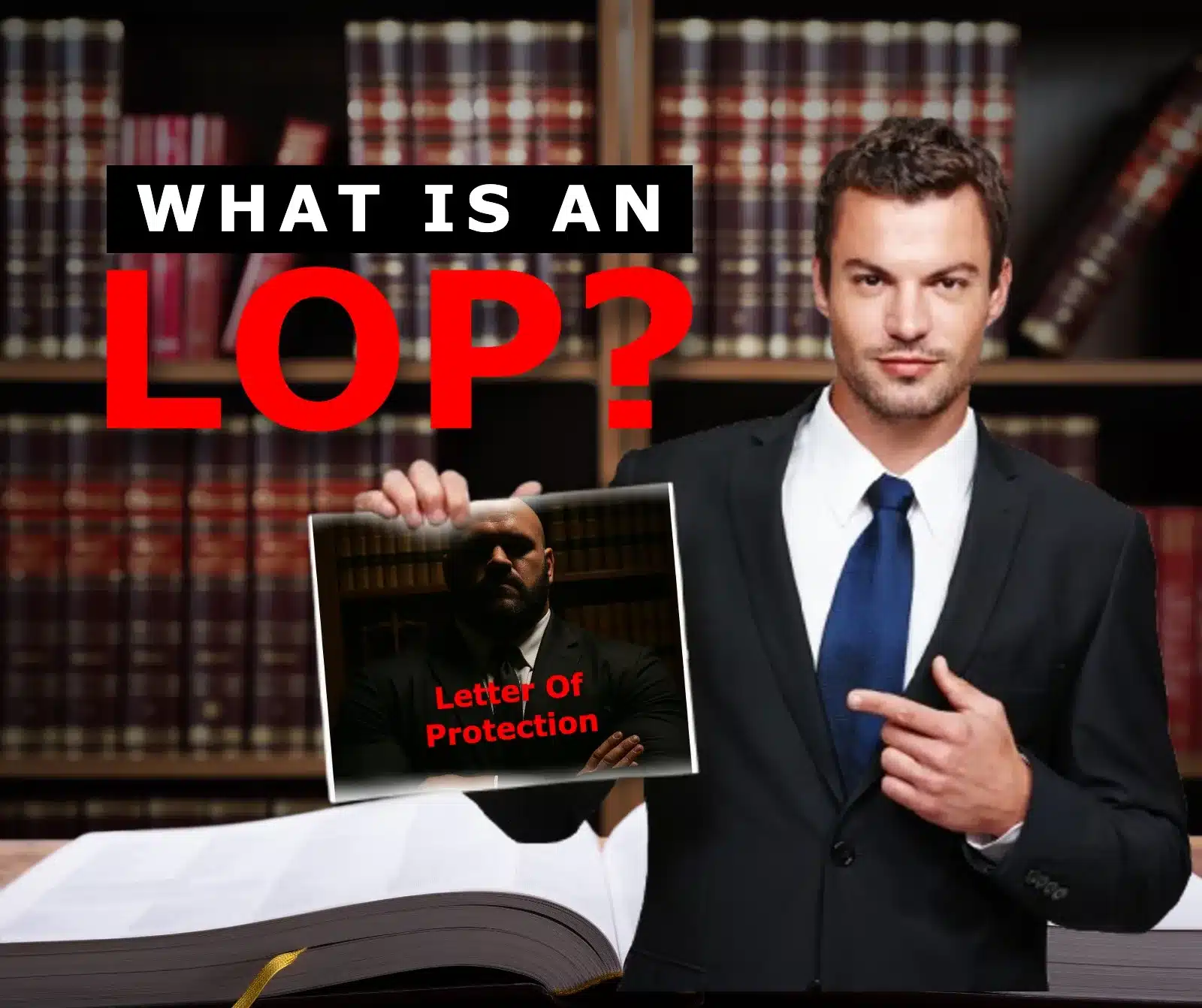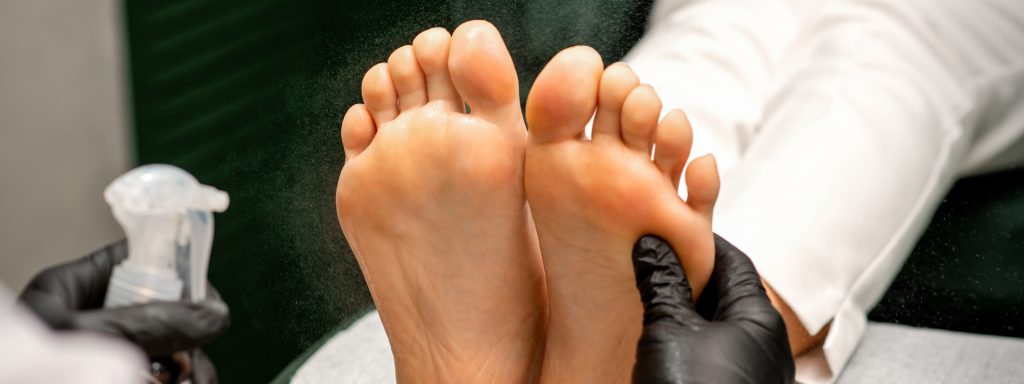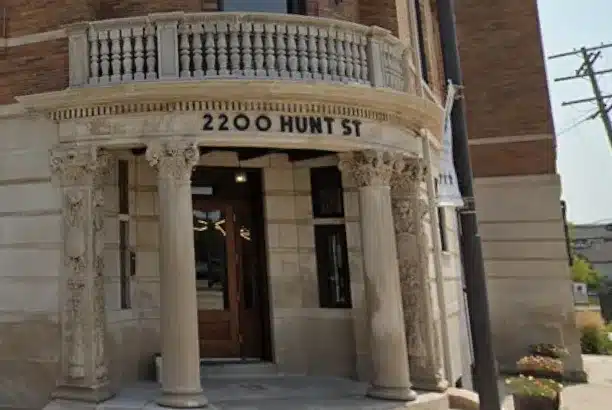What is a Letter of Protection (LOP)?
If you’ve been injured in a car accident, or involved in any other personal injury matter throughout Texas, you may hear the attorney you hired mention a Letter of Protection, often called an “LOP.” This legal document can be a lifeline for victims who need medical care but can’t afford to pay for it upfront while waiting for their case to settle.
When Do You Need to Use a Letter of Protection?
When a Letter of Protection is used in Texas, after an accident or injury, it is considered a formal agreement between an attorney, a healthcare provider, and you, the injured client. It guarantees that the medical provider will be paid for their services from the proceeds of your personal injury settlement.
You might need a Letter of Protection if:
- You don’t have health insurance, or your insurance doesn’t cover accident-related care
- You’ve been injured in a car accident and are waiting on an insurance payout or legal settlement
- You need specialized treatment, like orthopedic care or physical therapy, that requires upfront payment
Essentially, a Letter of Protection allows you to focus on recovery instead of financial stress.
Using a Letter of Protection Following a Car Accident
After a serious car accident, victims often face thousands of dollars in emergency room bills, physical therapy costs, and imaging studies. If the at-fault driver’s insurance is still being investigated or your PIP coverage has run out, an LOP can guarantee continued care.
Under an LOP:
- The doctor agrees to provide care without upfront payment
- An attorney promises to pay the medical provider from your settlement once the case concludes
- You continue receiving necessary treatment without collection calls or unpaid balances hanging over you
It’s especially helpful when a victim has no health insurance or is facing out-of-network expenses for needed specialists.
Michelle Vega
(Translated by Google) They met all my expectations. They resolved all my issues with the clinic and also made it possible for me to obtain treatment for my wound. I highly recommend this firm to anyone who needs help with medical issues, missed prescription payments, or has payment issues with a clinic or health center. (Original) Cumplió con todas mis expectativas. Resolvieron todos mis problemas con la clínica y además hicieron que pudiera obtener tratamiento para mi herida. Recomiendo gratamente está firma para cualquiera que necesite ayuda con temas médicos, falta de pagos de medicamentos o tenga problemas de pago con alguna clínica o centro de salud.
Is a Letter of Protection Enforceable by Law?
A Letter of Protection is a legally binding agreement that creates a financial obligation between the patient and the provider. Once signed, you are legally responsible for paying the medical bills if you recover compensation from your claim.
However, if you do not win your case, you could still owe the balance unless an attorney negotiates a reduction or waiver with the provider.
Can Insurance Companies Use a Letter of Protection Against You?
Unfortunately, insurance companies sometimes try to use an LOP to question the credibility of your medical treatment. They may argue that doctors working under LOPs are biased because they only get paid if you win your case.
However, this argument rarely holds weight in court. Reputable providers rely on objective medical evidence, diagnostic testing, and established treatment standards. Your attorney can counter these tactics by demonstrating that your medical care was necessary and reasonable, regardless of the payment method.
What if You Lose Your Injury Case After Signing a Letter of Protection?
If your case doesn’t result in a settlement or verdict, the responsibility for paying the medical provider technically falls back on you. However, an attorney may be able to negotiate a reduced balance or payment plan with the provider.
Attorneys will typically communicate with providers about case outcomes looking to reduce, or eliminate, outstanding medical debt when possible, and ensure transparency so you’re never blindsided by financial obligations after your case ends.
At the end of the day, a Letter of Protection, used in Texas, can make the difference between delayed care and immediate treatment after a serious injury, and it’s rare for reputable providers to aggressively pursue payment if an attorney maintains communication and you acted in good faith. That being said, an LOP is a legal agreement, and must be handled with care.


 CALL US NOW
CALL US NOW TEXT US NOW
TEXT US NOW































